In late summer of the year I turned 60, I began to feel the pull of my September birthday, more than I ever had, given the number that loomed ahead of me. I’ve never been a big birthday celebrant, but I knew I wanted to mark this one in some major way—run a marathon, climb a mountain, go on a big trip. I wasn’t going to take this aging thing lightly. I wanted to prove to myself that I was still strong, active, and very much alive and kicking.
I wanted to prove to myself that I was still strong, active, and very much alive and kicking.
But nothing I came up with stood out to me enough. I felt so noncommittal about every idea I considered that I actually let my birthday come and go without doing anything out of ordinary. But my wish for a big, “alive” experience hung on. Finally, around Thanksgiving, it came to me. And so, on the Sunday after we all gorged ourselves with turkey, I quit drinking.
I didn’t tell anyone at first because I wasn’t totally sure that I would, or could, stick with it. But a couple of weeks later, I was still not indulging, and I told my partner and my friends. I don’t even remember their reactions, but I made a point of telling them that I wasn’t necessarily quitting forever. Still, I didn’t drink—not on holidays or special occasions, not on a trip I took to Paris by myself, and not on days when I felt exhausted and frustrated after work.
Read More: I Can’t Believe I’m Not Dead Yet: A Survivor’s Tale
The Years of Living Soberly
My biggest feeling that year was one of relief. I was by no means a problematic, sloppy drunk, but I had spent hours over the course of the previous two decades negotiating with myself about what I did consume. I’d swear to myself I was just going to drink only two glasses of wine per evening. It turned out, though, that two glasses were the exact number it took for me not to care how many I drank, which often meant three or even more.
I replaced my after-work glass of wine with Fresca in a wine glass.
However much I drank, it was definitely enough to make me not present. I would just kind of zone out. After about 8 p.m., I wasn’t emotionally available to my partner, and I was at least a couple of layers removed from whatever else was going on. In short, alcohol kept me from having to feel my feelings, which was a relief in the moment, but a pretty ineffective life tool overall.
Plus, drinking wine every night meant I was consuming many empty calories. It also made me clumsier, it zapped my motivation, it disrupted my sleep, and it generally made me feel like I wasn’t in charge of my life. Not being able to stick to any resolution about drinking less had been the opposite of empowering.
Interestingly, despite years of unsuccessful attempts at moderation, quitting cold turkey was not nearly as difficult as I would have imagined. On the advice of a friend who had gotten sober many years before, I replaced my after-work glass of wine with Fresca in a wine glass. She stressed the importance of giving myself a new ritual, and it definitely helped.
These days, I also read lots of ideas and suggestions from other women who have quit drinking. Memoirs like Quit Like a Woman, The Unexpected Joy of Being Sober, and Drinking Games are all powerful stories that point to the negative impact of alcohol on women’s lives, especially for women in their 30s and 40s, as these authors are.
Eyes Wide Open
And that’s been one of the most interesting aspects of quitting at the age I did. One of my strongest feelings at this end of my life is how little time I have left, relatively speaking. If I’m lucky, I’ll live into my 90s, but that is certainly not a given. More than a decade into sobriety, I realize how happy I am to be experiencing these years as clear-headed and emotionally present as possible.
One of my strongest feelings at this end of my life is how little time I have left, relatively speaking.
The decades of work and life stress before this passed in a blur, on more than one level. It’s remarkable to just feel what I feel and not be trying to block it out. It’s also pretty great to realize that, even in stressful times, I’m totally fine just living through them. Do I wish I’d quit drinking earlier? Of course, but there’s not much point lamenting the past. What I do have is that amazing sense when I wake up each morning that I am available in my life for whatever happens and for whatever I feel.
Coming to sobriety late in my life has also convinced me that it really is never too late for anything. It continually reminds me that I can still do hard things, that I don’t always know what that’s going to look like, and that I have no idea what lies ahead. What I do know is that I like feeling it all with open eyes and clarity. It makes me feel exactly what I was hoping for back in 2011—that I am most definitely alive and kicking.
Read More: Confessions of a Former Party Girl: How to Quit Cold Turkey

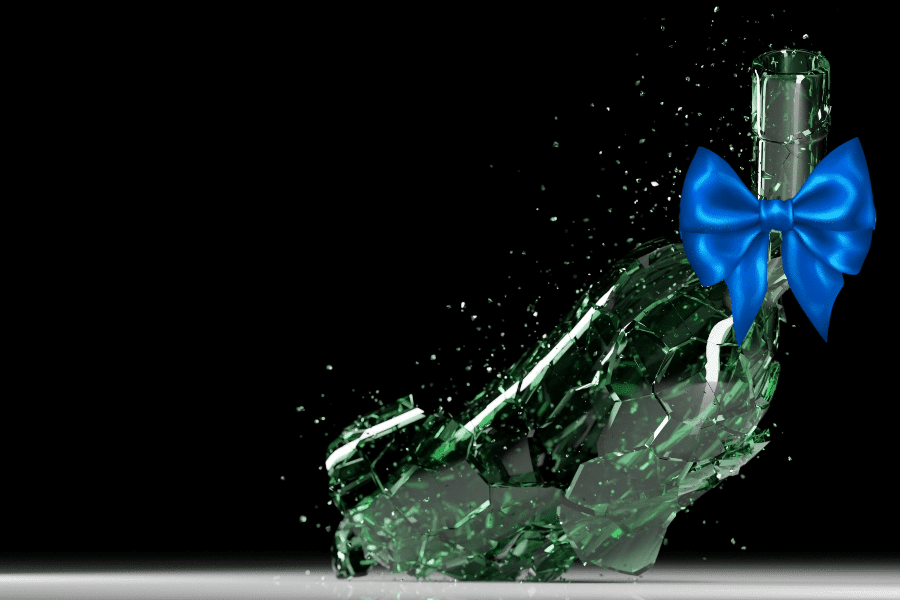
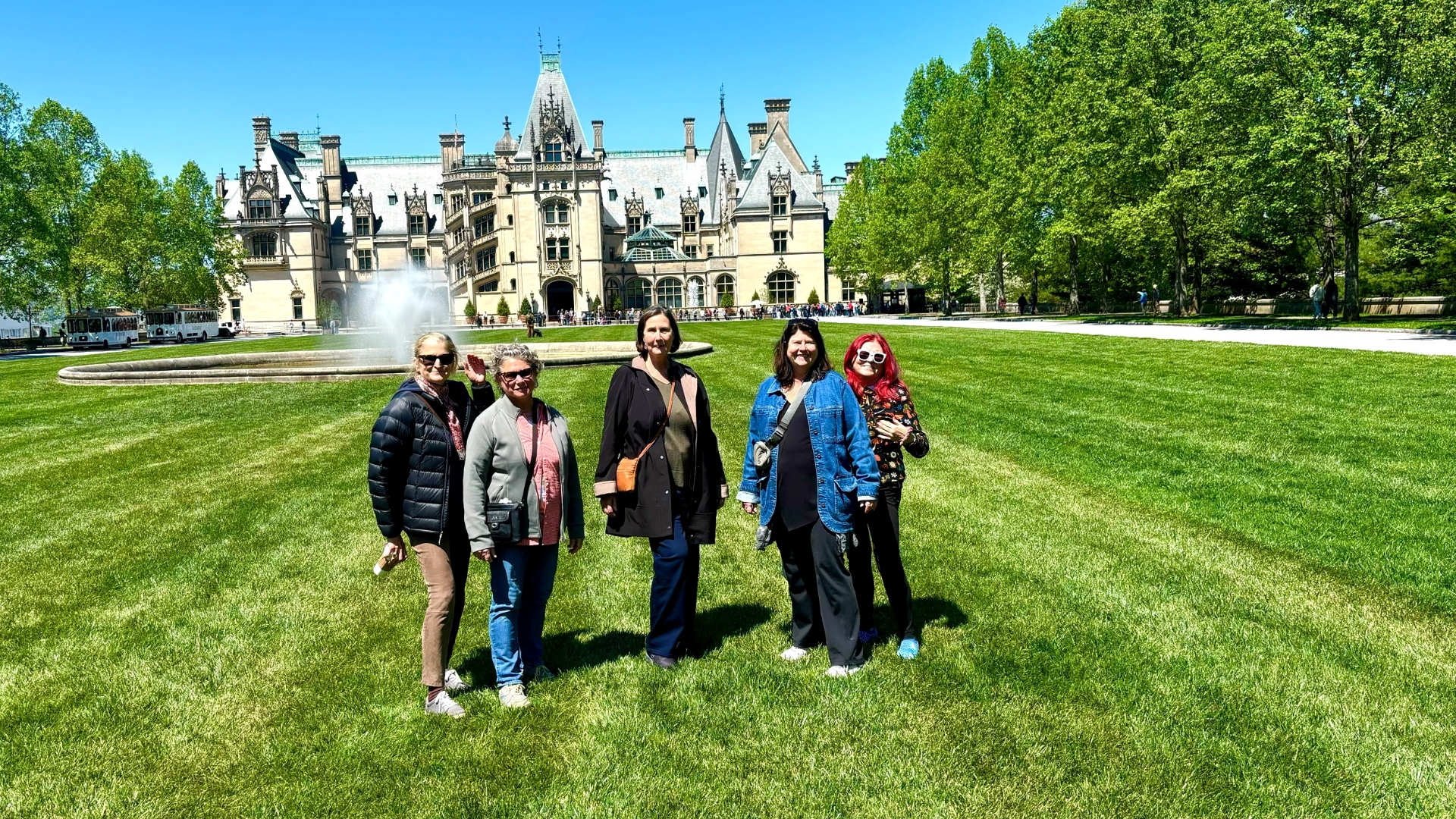
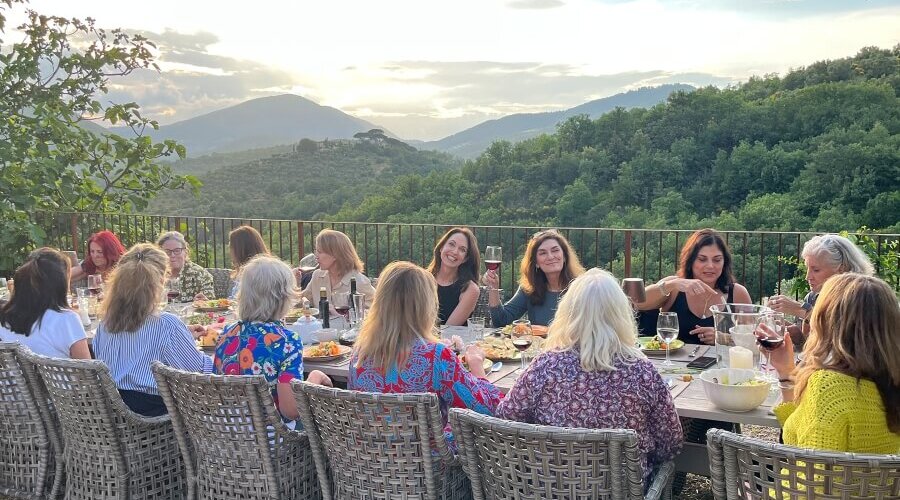
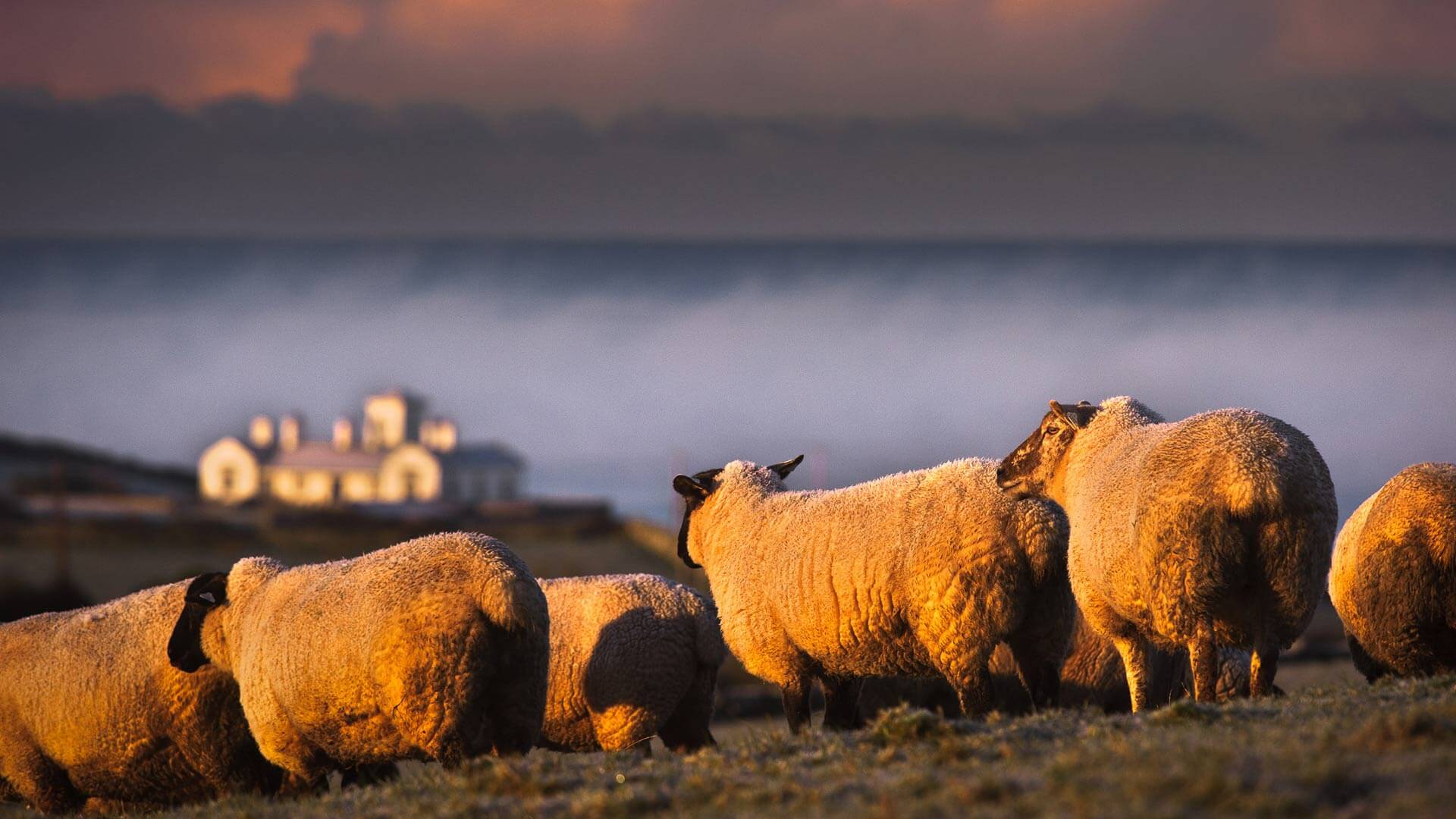

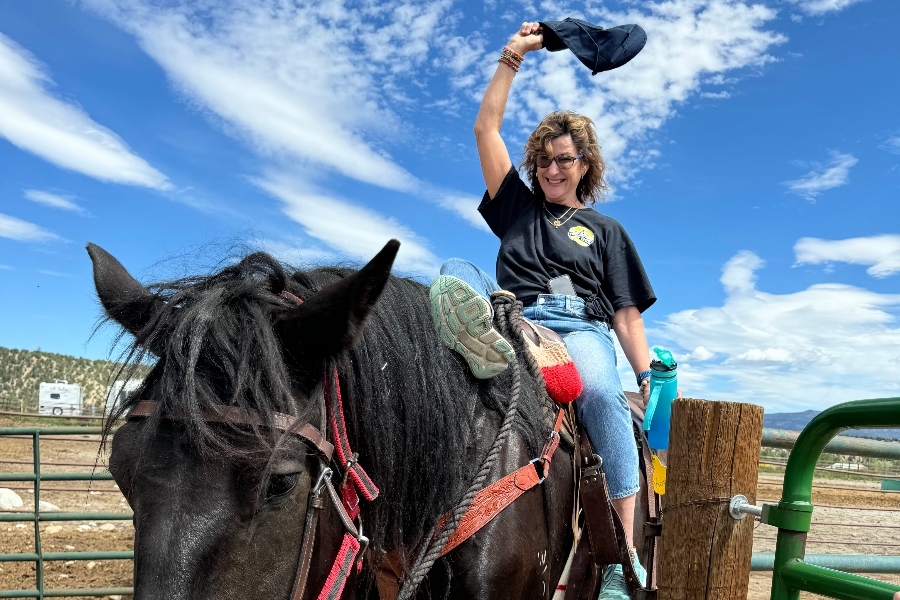


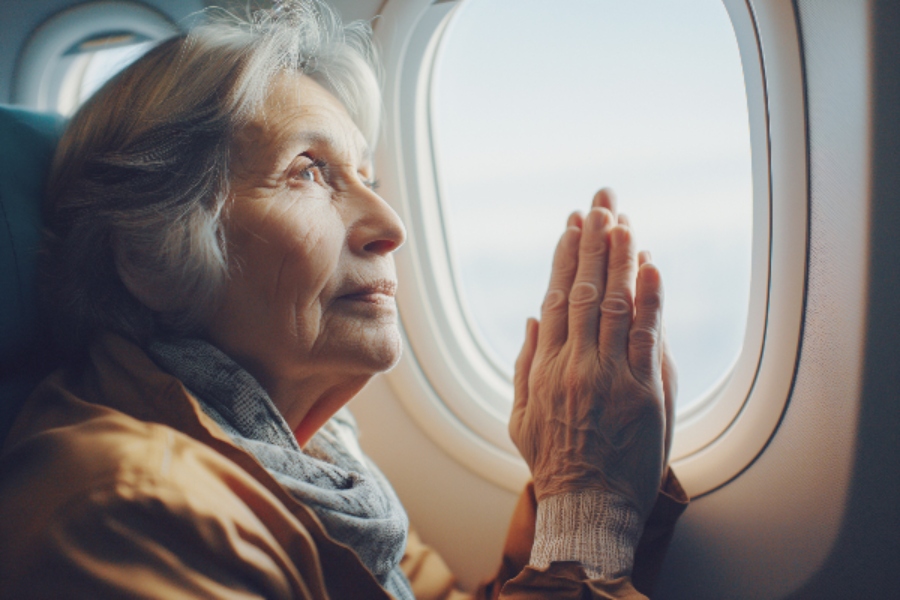
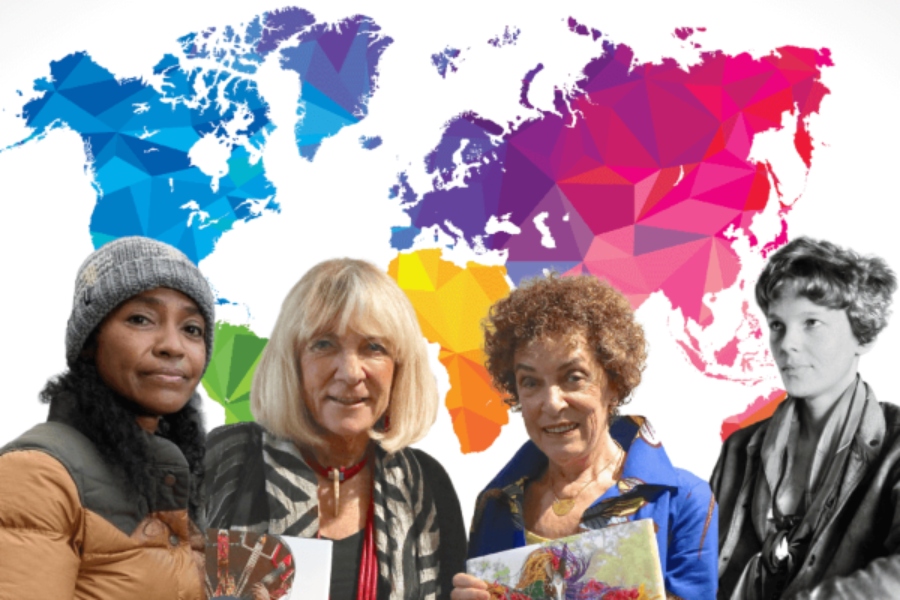
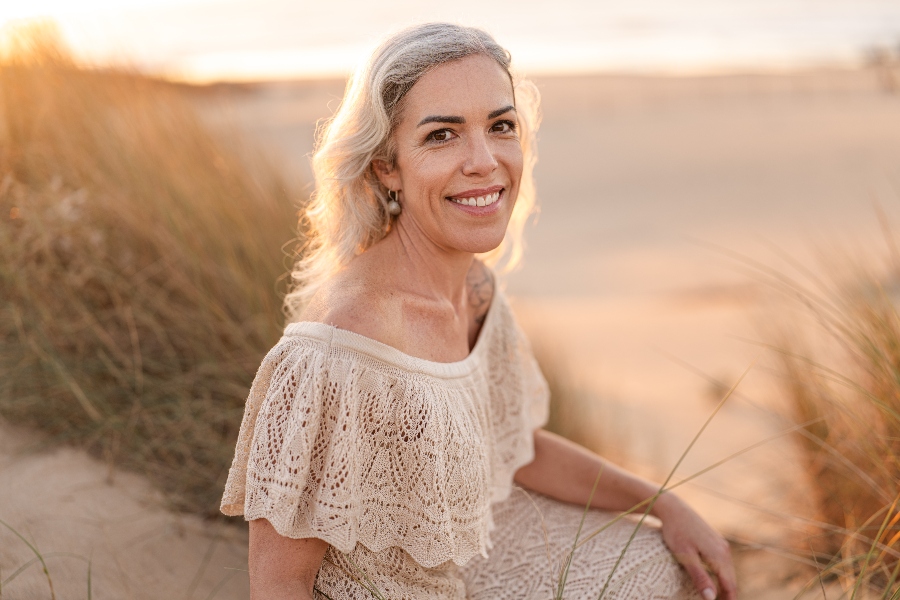


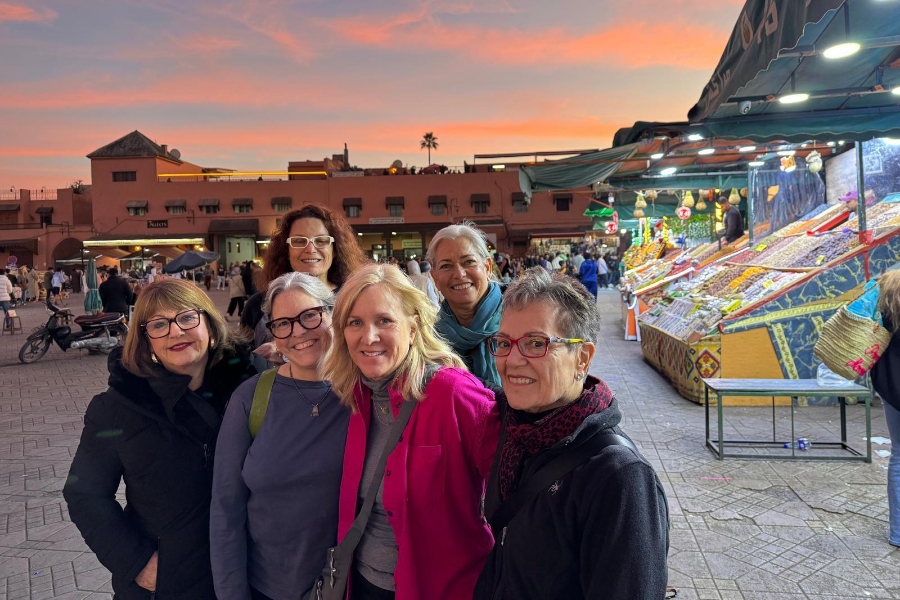



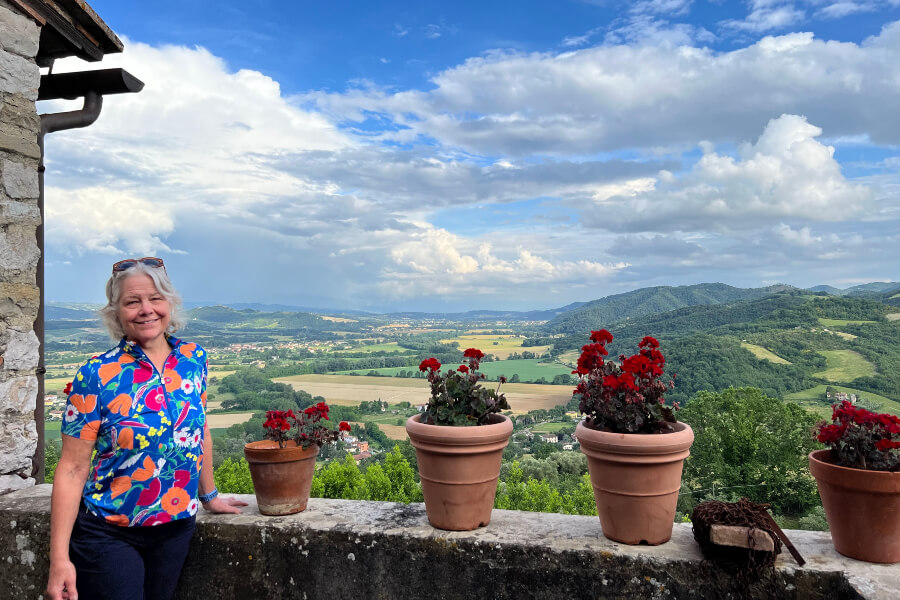
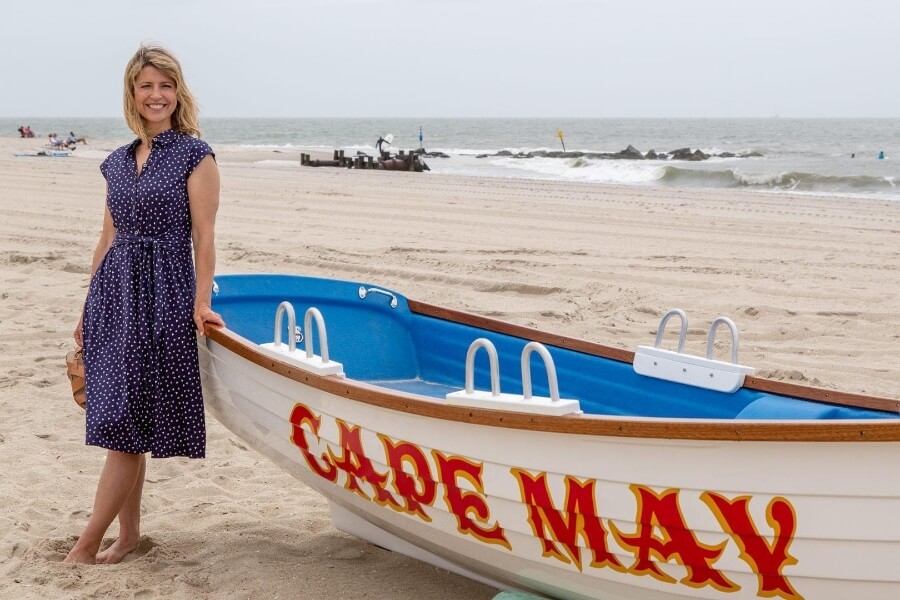
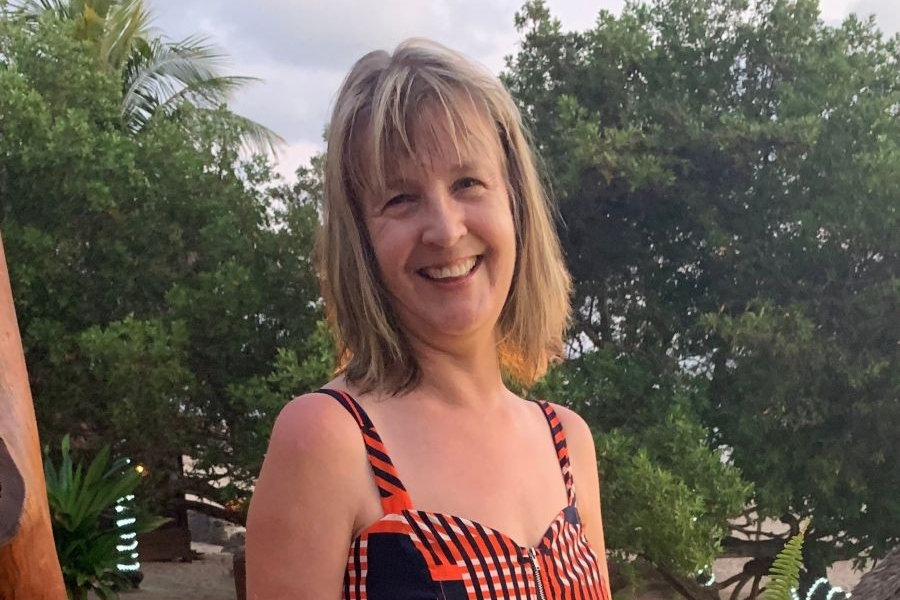
0 Comments